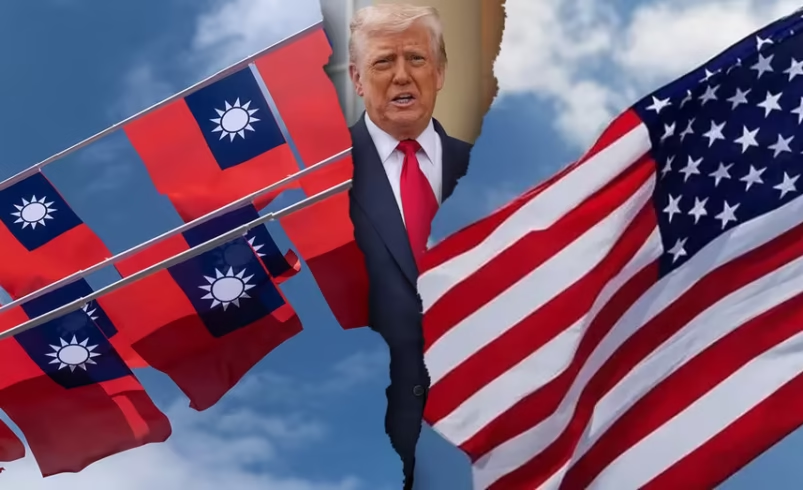Concerns Arise Over Trump’s Decision to Block Taiwan President’s U.S. Stopover
- July 29, 2025
- 0

The Trump administration has reportedly prevented Taiwan’s President Lai Ching-te from making a stopover in New York City during his planned diplomatic trip to Central America. This decision, influenced by pressure from China, has sparked concerns over the U.S.’s deference to Beijing. According to the Financial Times, the administration denied President Lai the opportunity to transit through New York on his way to Paraguay, Guatemala, and Belize—countries that recognize Taiwan as an independent nation.
In response to these developments, Taiwan’s presidential office released a statement clarifying that President Lai currently has no plans for overseas travel. The statement cited ongoing rehabilitation efforts in southern Taiwan following a recent typhoon and regional developments, including U.S. tariffs, as reasons for the decision. A source from the State Department confirmed that no formal travel plans for President Lai have been announced.
This move by the Trump administration aligns with the longstanding one China policy, rooted in the Taiwan Relations Act and joint diplomatic agreements with China. Despite this adherence to policy, the decision has drawn criticism from Asia policy experts and critics of Trump. Lyle Morris of the Asia Society’s Center for China Analysis expressed concern over this being the “first concrete move” under Trump’s second term regarding Taiwan.
Democrat Senator Andy Kim criticized the decision as a break with bipartisan precedent, suggesting it sends a reckless signal to Beijing about U.S.-Taiwan relations. He urged President Trump to reverse course and allow President Lai’s transit, emphasizing the importance of maintaining reliable American leadership.
The decision comes amid reports of President Trump considering a potential trip to Beijing with major U.S. CEOs, although no details have been finalized. This context suggests that ongoing U.S.-China trade negotiations may have influenced the administration’s stance on Taiwan.